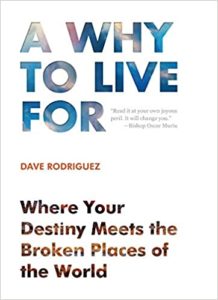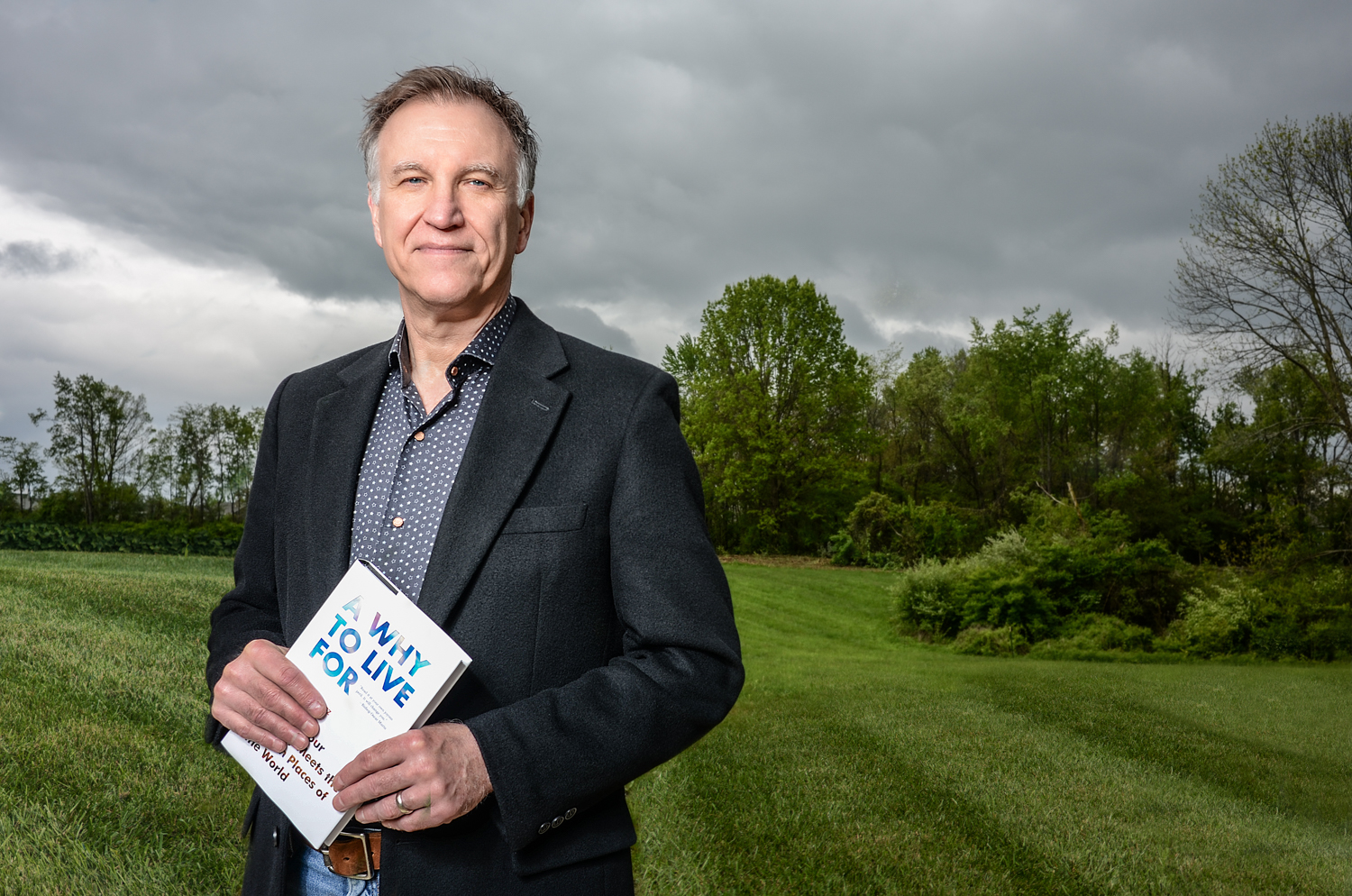This morning I was thinking about death. No, I’m not ill, nor are any of my family. But the topic has certainly been front of mind lately.
There’s the daily tally of COVID deaths I see every morning in the New York Times. The memorial service I’m conducting this weekend for a young lady whose life ended so tragically. The news of two horrific mass shootings recently in Georgia and Colorado. Finally, there’s this article I came across this morning, 3 Biggest Regrets People Have at the End of Life.
The article, written by A. Pawlowski and published on the Today Show website, is an interview of author and hospice chaplain Tenzin Kiyosaki and a review of her book The Three Regrets: Inspirational Stories and Practical Advice for Love and Forgiveness at Life’s End.
It seems that the big idea of her book is, “Don’t fade away from life without saying what you need to say. Find ways to say ‘I love you’ and express your love every day.” Kiyosaki lists the three regrets that “can haunt people at the end of their life.” I did not live my life dreams. I did not share my love. And I did not forgive.
You can tell by the title of this blog post that I’ve got something I want to add to her list. If you pay attention to my writing and what I’m passionate about, it won’t surprise you that the 4th regret I believe many people have at the end of life is I did not pursue my calling.
Here’s a brief overview of the essence of a calling. I believe your calling was “hard wired” into you before you were even born. A summons was placed upon your life by the God of the Universe to engage a broken world in ways that bring healing. A calling is like an itch that needs to be scratched. It is a possibility waiting to be realized. As such, it nags on us until we do it.
Yet, from what I’ve learned from years of coaching people all over our nation and our world, the summons, too often, is disregarded. Why? Why do people end up with the regret of having not pursued their calling? Here’s what I’ve heard.
The most common reason people give for hesitating in their calling is the burden of fulfilling someone else’s expectation for their life. Often that someone is a parent. Many times it’s culture. I remember my dad’s deep skepticism when I told him I was leaving behind my initial idea of med school for pastoral ministry training. Note: Thankfully, in time, Dad embraced what he considered a whim as my destiny.
Another factor that contributes to calling reticence is simply the fear of losing income. Some have little time to invest in their calling because their money-maker job sucks up all their hours. Or the thought of shifting their vocation to something more attuned to their heart is just too scary.
Finally, too many folks regret not engaging in their calling because they didn’t know how to go about it. The idea of pursuing a destiny can feel mystical and mythical, the stuff of heroes and legends, not of everyday folks like them.
If you identify with the frustration of a living without purpose, then please reach out to me. I’ll walk you through a guided tour of your amazing life and show you a why to live for!
I love this quote of Steve Jobs that Ms. Pawloski included in her article.
“Remembering that you are going to die is the best way I know to avoid the trap of thinking you have something to lose. You are already naked. There is no reason not to follow your heart.”
No regrets.




0 Comments